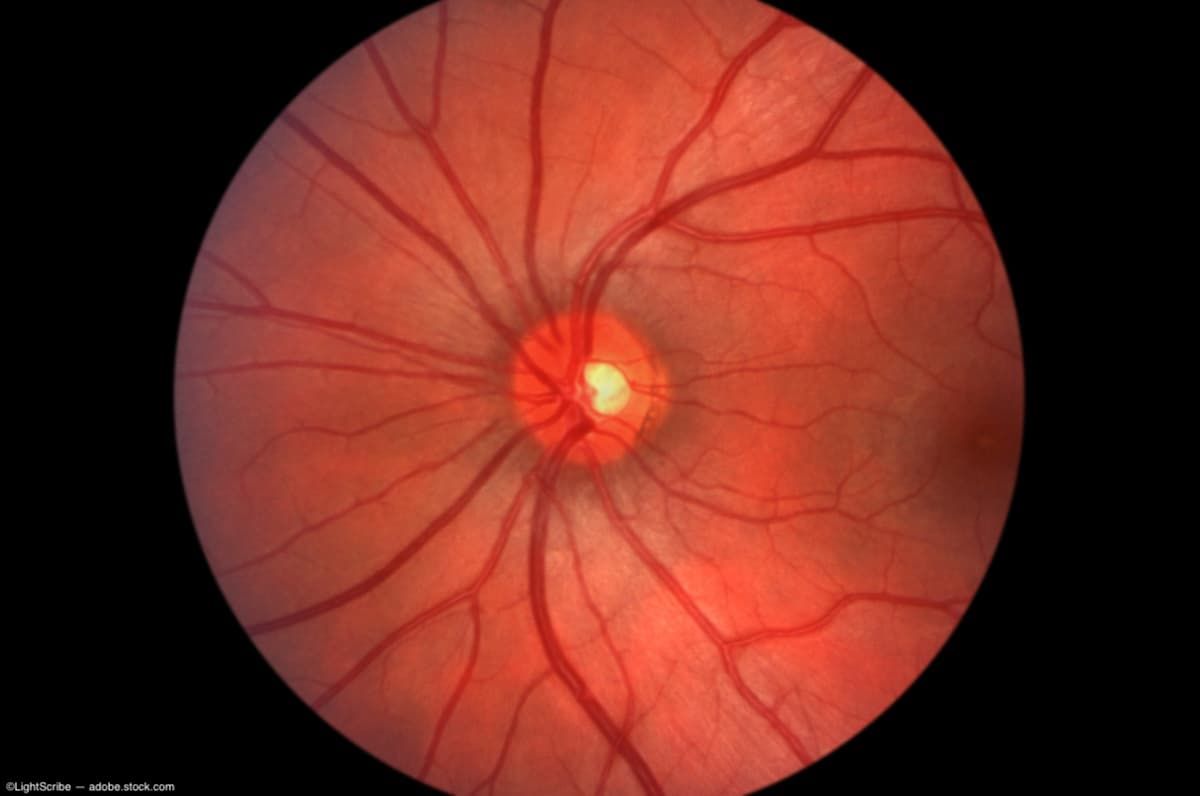Opus Genetics doses first patient in Phase 1/2 trial of OPGx-LCA5 in patients diagnosed with LCA5
According to the company, OPGx-LCA5 is designed to address vision loss due to Leber congenital amaurosis associated with mutations in the LCA5 gene, which causes one of the most severe early-onset retinal dystrophies.
According to the company, OPGx-LCA5 is designed to address vision loss due to Leber congenital amaurosis associated with mutations in the LCA5 gene, which causes one of the most severe early-onset retinal dystrophies. (Image Credit: ©LightScribe - Adobe.Stock.com)

Opus Genetics announced that the first patient has been dosed in its Phase 1/2, first-in-human clinical trial (NCT05616793) of OPGx-LCA5, an adeno-associated virus 8 (AAV8) vector designed to precisely deliver a functional LCA5 gene to the outer retina in patients with Leber congenital amaurosis (LCA) resulting from biallelic mutations in the LCA5 gene.
According to a news release by the company, LCA5 is an early-onset retinal degeneration that affects approximately one in 1.7 million people in the U.S. Currently, there are no approved treatments for individuals with LCA5-related vision loss.
The company noted in its news release OPGx-LCA5 is designed to address a form of Leber congenital amaurosis (LCA) due to biallelic mutations in the LCA5 gene (LCA5), which encodes the lebercilin protein. LCA5 is an early-onset severe inherited retinal dystrophy.
According to the news release, researchers conducting studies in LCA5 patients have reported evidence for the dissociation of retinal architecture and visual function in this disease, suggesting an opportunity for therapeutic intervention through gene augmentation. OPGx-LCA5 uses an adeno-associated virus 8 (AAV8) vector to precisely deliver a functional LCA5 gene to the outer retina.
Moreover, the news release noted that preclinical data, including animal and human iPSC models, have demonstrated preservation of retinal structure and visual function when OPGx-LCA5 was administered prior to peak disease severity.
Ben Yerxa, PhD, CEO of Opus, noted that dosing the first patient sets the company on a path as a a clinical-stage company and is a point of progress in its mission to advance first-in-class gene therapies for inherited retinal diseases.
“Despite the severe retinal dysfunction in patients with LCA5, preclinical data suggest an opportunity for therapeutic intervention, including retinal structural and functional restoration when OPGx-LCA5 was administered prior to peak disease severity,” he said in the news release. “We look forward to progressing the trial of this potentially transformative therapy for patients affected by LCA5.”
The Phase 1/2, open-label, dose-escalation trial is evaluating the subretinal delivery of OPGx-LCA5 in nine adult patients with LCA5. The objective of the trial is to evaluate the safety and preliminary efficacy of OPGx-LCA5 in patients with inherited retinal degeneration due to biallelic mutations in the LCA5 gene.
Once safety in adults has been established and confirmed by the FDA, the company noted in its news release it plans to add a pediatric cohort.
Newsletter
Keep your retina practice on the forefront—subscribe for expert analysis and emerging trends in retinal disease management.